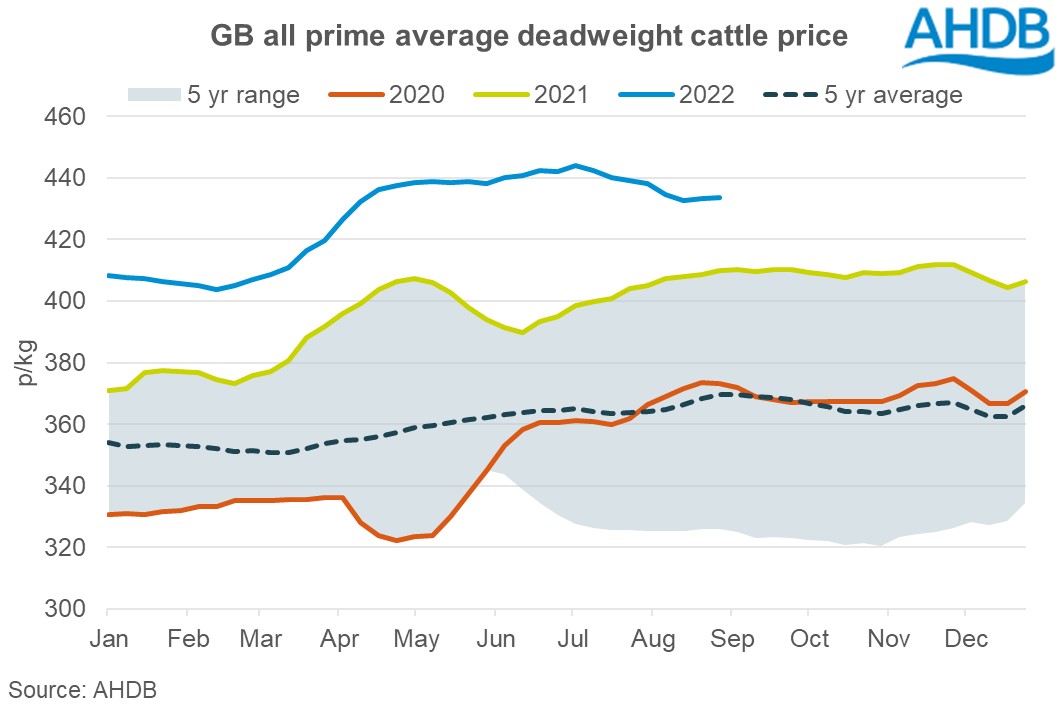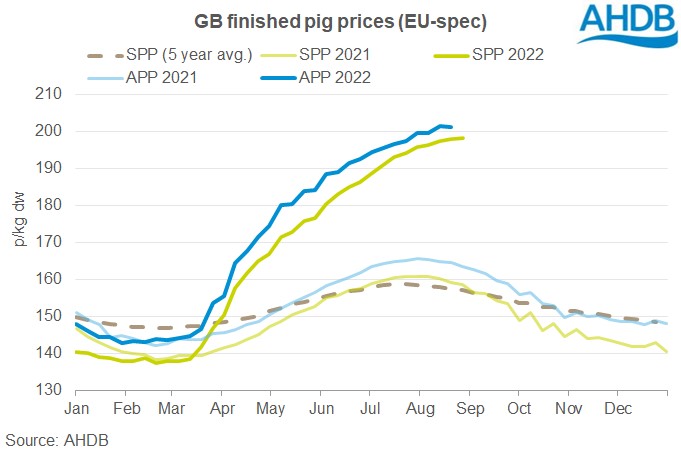China remains largest importer of UK pork, as Asian market boosts UK red meat exports
The Asian market has had a significant impact on the value of UK red meat exports in the first half of 2022.
The latest data from HMRC shows that China remains the largest importer of UK pig meat, as export values reached nearly £88 million in the year to date. Furthermore, more than half of the 108,294 tonnes of UK pig meat exported to non-EU countries went to China, closely followed by the Philippines.
The Philippines has become the world’s third largest importer of UK pork, with the first six months of 2022 recording shipment values of £25.9m – an increase of 14.8% on figures for the same period last year.
Pig meat and beef shipments to Japan have also increased; pig meat shipments totalled nearly £3.2m, while beef exports have increased to £9.2m, from £2.8m, in the first six months of the year.
AHDB head of exports Jonathan Eckley said: “Asian markets continue to prove a hugely valuable market for the UK’s red meat sector, despite many challenges on the global stage this year. While volumes to some countries may be quite low, these markets are vital in addressing the issue of carcase balance and utilising cuts that are less popular here in the UK but attract significant value in the Far East.”
“We will continue to work with government and levy payers to open more new markets in the Far East and develop the region further, including attendance at trade shows to showcase the high-quality red meat we produce here in the UK.”
by Meghan Taylor / Pig World


